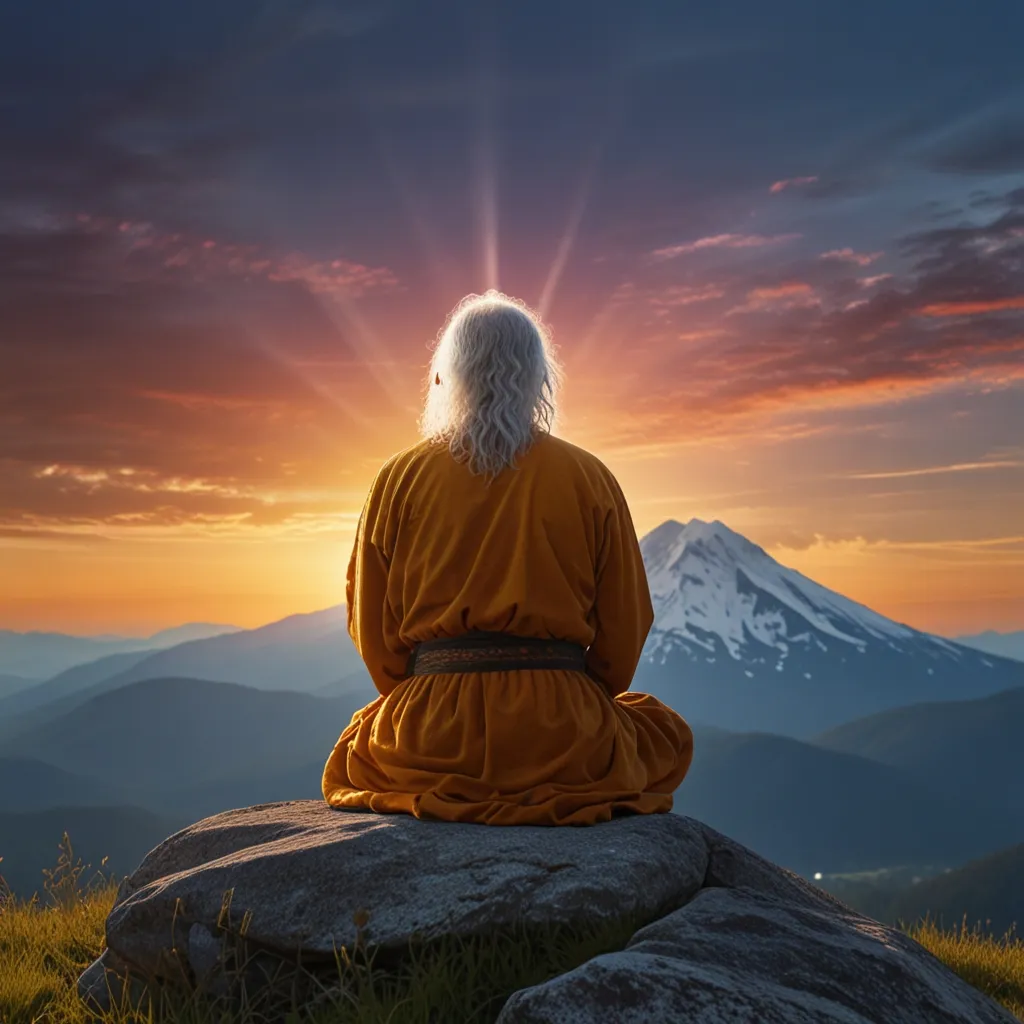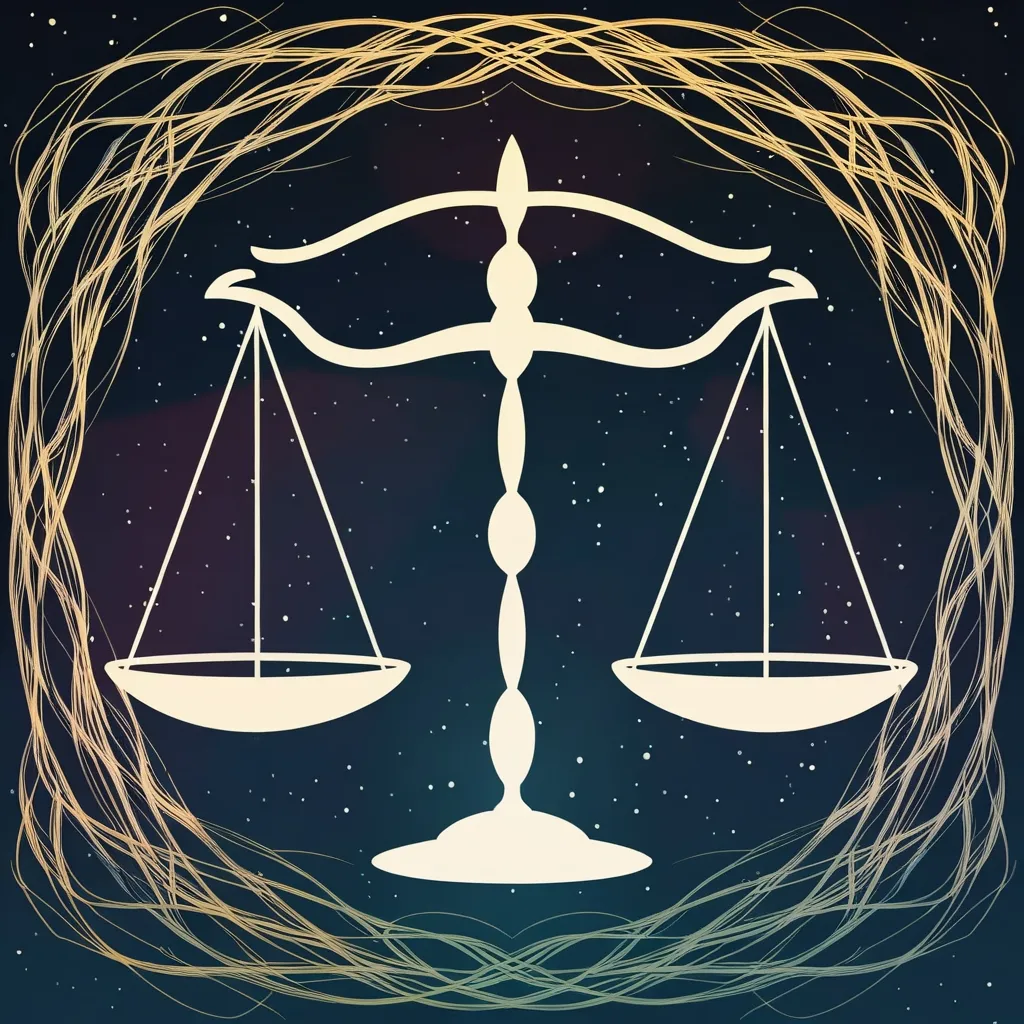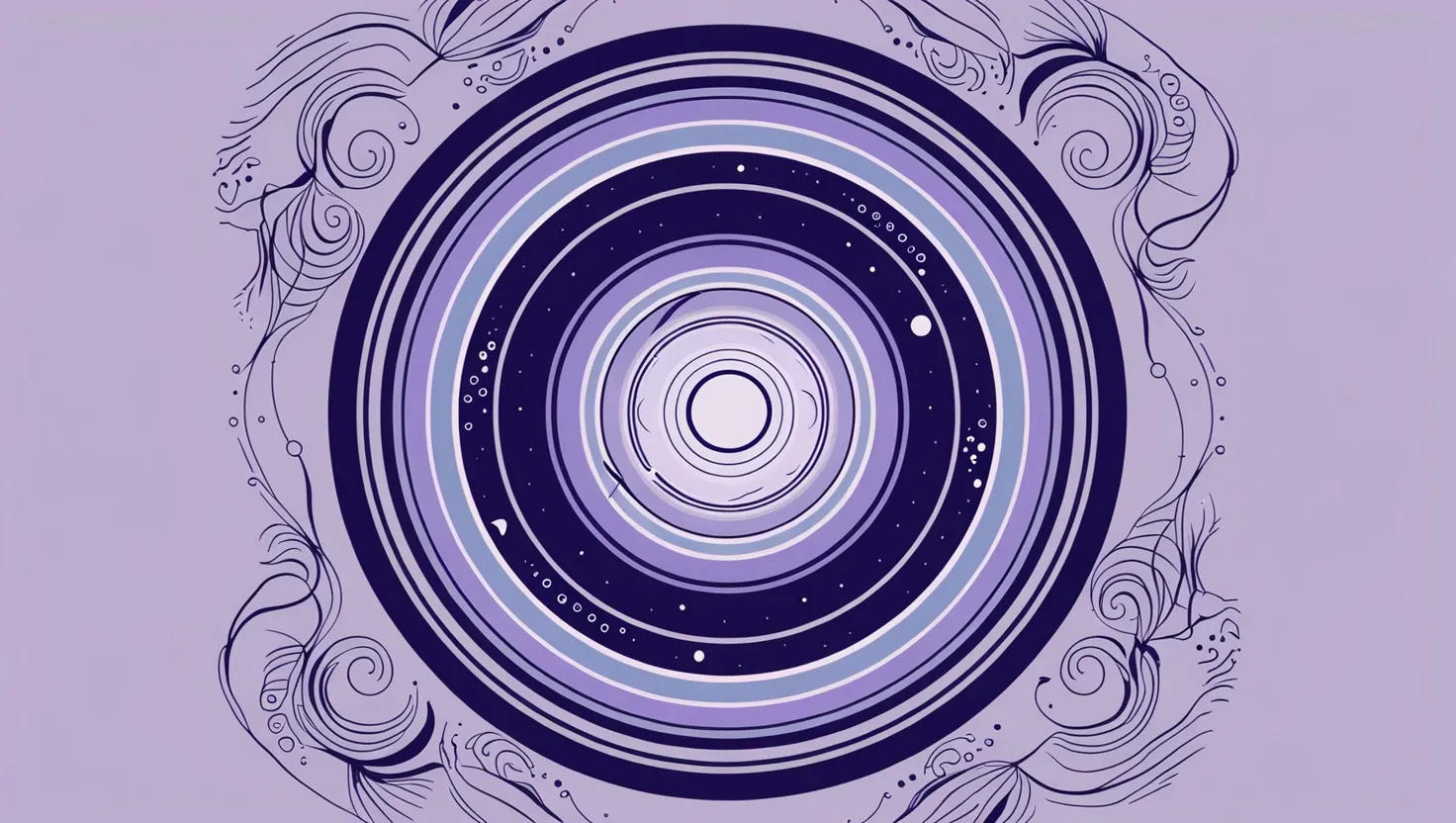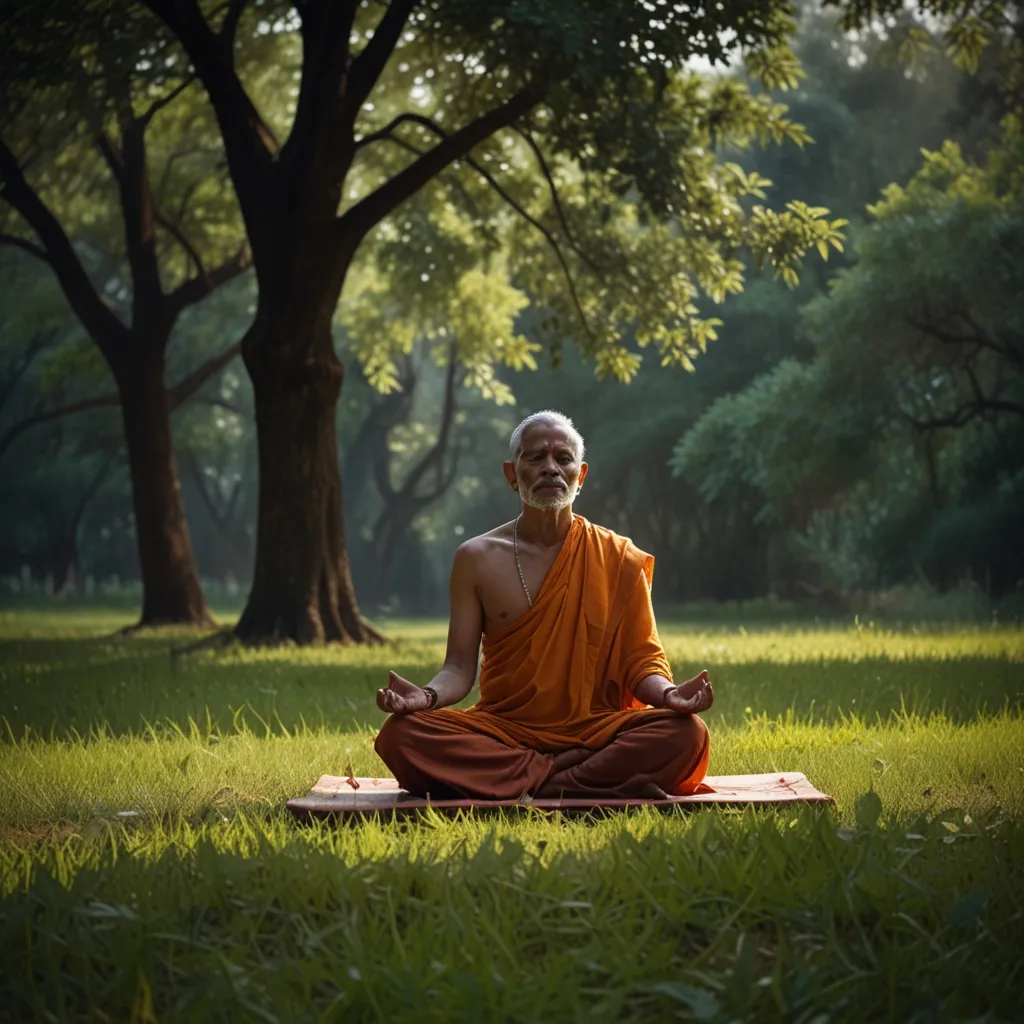In Hinduism, moksha is the ultimate goal. Think of it as the grand prize in the spiritual lottery, where finally, you’ve made it out of the endless cycle of birth, death, and rebirth—what’s known as samsara. This cycle is pretty relentless, driven by karma, which is basically the tally of all your good and bad deeds. Moksha is the escape hatch, offering eternal peace and bliss.
Getting to moksha is more than just dodging a tough life; it’s about figuring out who you really are. It’s called self-realization, and everyone has their own route to get there. There are four main paths, each one tailored to different people: Bhakti, Gnana, Karma, and Raja.
Bhakti is all about love and devotion. This is the path for the romantics and the dreamers, those who feel deeply connected to a higher power. It’s like having an all-consuming crush on the divine, expressed through worship and service. Followers of Vaishnavism swear by this, believing love and service to God are surefire ways to hit moksha.
Gnana, on the other hand, is for the thinkers. It’s the path for those who live for books and discussions, diving deep into scriptures and philosophical debates to unlock the mysteries of the universe. If you love solving puzzles and asking big questions, gnana is your path.
Then there’s Karma, the path of action. This one’s for the doers and the givers, focusing on selfless service. It’s not about the end result but doing your duty for its own sake. It’s a way to mix spirituality into everyday life, doing good deeds just because it’s the right thing to do.
Finally, there’s Raja, or the royal path. It’s all about meditation and mental discipline, for those who seek peace and quiet inside their heads. Through yoga and meditation, this path helps you tune out the noise and discover your true self.
Besides these paths, living a virtuous life (dharma) is super important in Hinduism. Dharma is about doing your duty in a way that’s morally right and helps society. Living by dharma can guide you to moksha too.
In some Hindu philosophies, like Advaita Vedanta, moksha is the big reveal that your true self (atman) is the same as the ultimate reality (Brahman). This realization shatters the illusion of being a separate individual and merges you with the universe. In other, more dualistic views, moksha means your soul stays individual but is united in purpose and love with God.
Moksha isn’t all about the afterlife. You can hit jivanmukti, which is liberation while you’re still alive. It’s a state of freedom from worldly cravings and ignorance, making you super chill, compassionate, and indifferent to life’s ups and downs. Videhamukti is the liberation that comes after death.
In the end, chasing moksha is more than a personal quest. It’s about making the world a better place, embracing virtues like non-violence (ahimsa), compassion, and self-discipline. These virtues don’t just uplift you spiritually, they make the world around you a nicer place too.
So, moksha is like the ultimate goal in Hinduism. Whether you get there through love, knowledge, service, or meditation, it’s a journey towards self-realization and inner peace that not only transforms you but also uplifts those around you.





